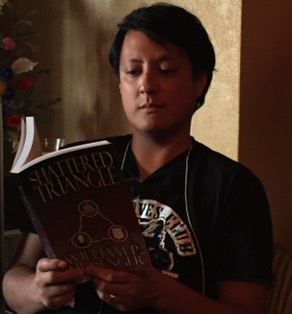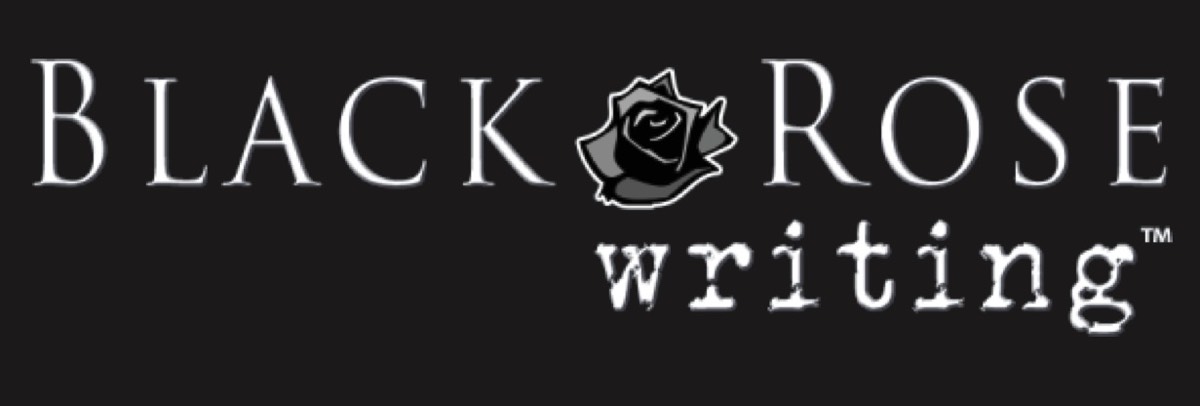
(2000)
The day of the funeral, I arrived thirty minutes early. I wanted to speak with Fr. Giovanni Lozano before the service began. I also needed to collect my final thoughts, for I had been asked to deliver the eulogy. My mind was on grief. It is arguably the deepest of human emotions, made more difficult by the fact that in spite of our continued efforts, it remains always inconsolable, leaving our best sentiments to languish among the insipid poetry of sympathy cards. So what do you say to someone who confronts the death of a loved one? What do you say when the survivors are your friends?
My entire journey to the church that morning was one of struggle, fighting mightily to keep myself in check, at times unable to withhold my tears, all the while wondering what private thoughts I might share with my friend. As I approached the church, I knew I would have only minutes before the arriving crowd would inundate him, thereby vanishing any opportunity for personal affection. Over the previous few days we had spent many hours together, but emotions would be different that morning—for both of us. Right then we would need each other.
I entered the sacristy and greeted him, “Hello, Giovanni. How are you today?” Geez, what a stupid question. I might as well be writing for a greeting card company!
“I’m fine for the moment, Tom. Thanks.” Giovanni was the priest. If he was not in good shape for the funeral, the whole congregation was in trouble. “No. Actually, I’m not fine. In all my years, I have never had to face anything like this.”
“Neither of us has, Gio.” That was his favorite nickname. “The hearses are already out front. They are preparing to unload the four coffins.”
“I don’t think I could do this without you, Tom. Your being here…I can’t tell you what this means to me.”
“Don’t even try. I couldn’t be anywhere else. You are my best friend, and I support you today as I always have. But I came here early to draw strength from you. I don’t have your faith, Gio, and I’m not sure I can get through the service, let alone the eulogy.”
“You don’t need faith, Tom. You need only speak from your heart. I know it won’t be easy. Still, I have a lot of confidence in you. You’ll do just fine.”
“Thanks, Gio.” I knew he was trying to encourage me even though he, himself, felt weak. At the same time he was not being condescending. He knew the trouble I would have controlling my emotions and trying to speak with any coherence. He was facing the same difficulty, but for me, the size of the congregation would only complicate the situation. Public speaking is second nature to Giovanni, whereas I am unaccustomed to any stage. He knew the crowd would likely unnerve me, easily disturbing an already confusing range of feelings.
“We’ll both get through this, Tom,” he continued.
I found his manner and confidence quite steadying.
Beyond the sacristy door lay a cavernous church that would soon fill beyond capacity with individuals angry, confused and fearful. Irrespective of religious tradition, the believers among them would be searching for the hand of God. Scattered among these faithful would be humanists and agnostics with concerns a little less sacred. They do not seek consolation or escape through the intervention of the divine or the mystery of an afterlife. Being more down to earth, their challenge embraces paradox. How does one make sense of a senseless tragedy? Shortly, Giovanni would need to marshal all his intellectual forces and attempt to craft a meaningful narrative that would address all these diverse views. For now, words were superfluous.
We reached out and cocooned ourselves in an embrace of such depth that it divorced the bonds of time and space. We were not alone, yet we were unaware of the funeral directors and altar servers who passed by in respectful quiet. Though lasting only moments, time was as immobile as an unwound watch. Silent sobs. Tears both of love and sadness streaming onto each other’s shoulders. I may not have possessed faith, but in this embrace, I found peace. As we stepped back, I could feel Giovanni’s strength. He could feel my love. We were both ready.
***
In my experience, most funerals attract a reliable core of mourners, if only family members and close friends. But accidental death, violent murder and young lives cut suddenly short create a uniquely abrupt, if however brief, pause in people’s lives. These are the deaths that stir throngs into attendance—tending to draw numbers that rival a rock concert. Today’s funeral was no exception and my expectations about the crowd proved correct. There was a reason the attendance was standing room only.
Giuseppe Lozano, a candidate for the U.S. Senate, returned home one evening to find his wife, two teenage daughters and eleven-year-old son murdered in their family home in Los Angeles. That was a week ago.
As the police lieutenant assigned to investigate the killings, I would have been at the church anyway. But my attendance today was not just part of my job. I knew the family only too well, and now I watched as the priest, my best friend, presided over this traumatic service with a restrained elegance. How he could appear so calm, I do not really know, for he was both brother-in-law and uncle to the deceased.
The two of us have long approached death from different vantage points. I am a cop, a detective. I routinely see death, frequently the result of violence. Over the years I have become nearly immune to the feelings associated with other people’s loss. The most bloody and senseless have become almost commonplace for me. Other than committing myself to solving the crime, I see no rays of hope in the violent end of life, and words of solace do not come easily.
Giovanni is no stranger to any of life’s transitions, either. Having been a priest for twenty years, he is certainly as familiar as I am with the inevitable passage known as death. During his years in ministry, he has consoled more grieving people than he cares to remember. Death, itself, poses no particular strain for him. Then again, this was not just death. It was unexpected, violent, senseless—and personal. And no one, not even a priest, is prepared for that. Yet, it was to Giovanni that I looked to gather strength for my own part in the service.
Although we grew up together and I knew him as well as he knew himself, I could not imagine from what depths he would summon the fortitude to lead this funeral. I doubted that he would find comfort this morning even in the hauntingly beautiful requiems of Mozart or Fauré. But then, Giovanni always had an untapped, interior calm. As the tower bells struck the hour, he processed down the aisle and the service began.
***
Today’s funeral, with its perturbing placement of caskets, evoked another in my memory. I had been on the police force for only a few years, and Fr. Giovanni was a young priest. It fell upon him to pastor another family through a tragedy with eerie similarity. That situation was a case of mistaken identity—not of person, but of address.
In Los Angeles, several numerical street names appear duplicated and are therefore easily confused, as in 109th Place and 109th Street It does not help that they are parallel, occurring one after the other and in numerical order between 108th and 110th. The only distinguishing characteristic is their designator.
This confusion served as a remote cause of that other catastrophe. A woman, her daughter and two grandchildren were all killed, the result of a drug deal gone wrong, a drug deal that did not involve the victims. The dealer sent his henchmen to an address. The correct house number, the correct street number—the wrong suffix. They broke in and killed four innocent people, sparing only a grandchild they did not find.
As I entered the church on that long ago summer day, it dawned on me that I had never attended a funeral with more than one body. I had, of course, been to memorial services commemorating multiple dead, such as those held on national holidays and occasions following plane crashes, earthquakes or other natural disasters. When I walked into the church, that day, I was taken aback.
Regardless the size of the church, there is something unsettling about the vision of multiple caskets at a single service, especially when children are coffined beside adults. That service was held in a large church, with several hundred people in attendance. Visual attention was drawn to the area between altar and pews, and the disparity among the caskets was incongruous, leaving the threat of unreason to claim the day.
The funeral mass took place on a particularly hot summer morning. Who ever thought of building churches in Los Angeles without air-conditioning? Fill them to capacity in the middle of July and you are guaranteed a sweltering experience. Even if the congregants do not pass out from heat exhaustion, how can they steel their attention on hymns, readings, sermons and prayers? How can they possibly focus on some uncertain promise of eternal life?
In my recollection, however, Giovanni kept all the intruding forces at bay. His engaging style personalized each element of prayer, leaving everyone in attendance to feel as though the priest was speaking directly to his or her own emotions. Even a nonbeliever would have to admit that Giovanni channeled a powerful and transcendent faith, at the same time displaying remarkably imminent compassion. He gently shepherded the family and congregation that morning, offering sensitive insight into God, the scriptures, life and death. He enabled all present to think through the unthinkable and find trust in the hands of God.
Something more was being required of him today.
PURCHASE NOW








